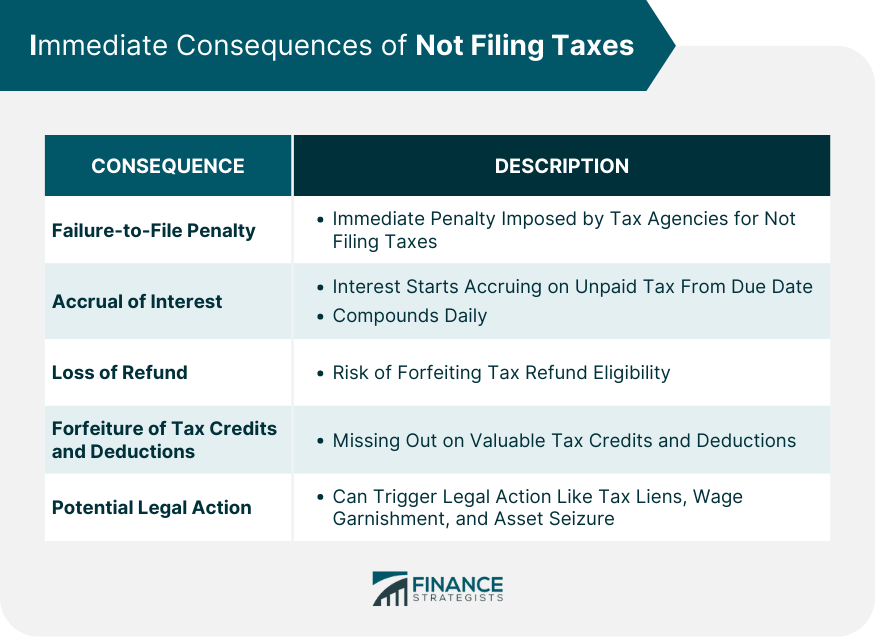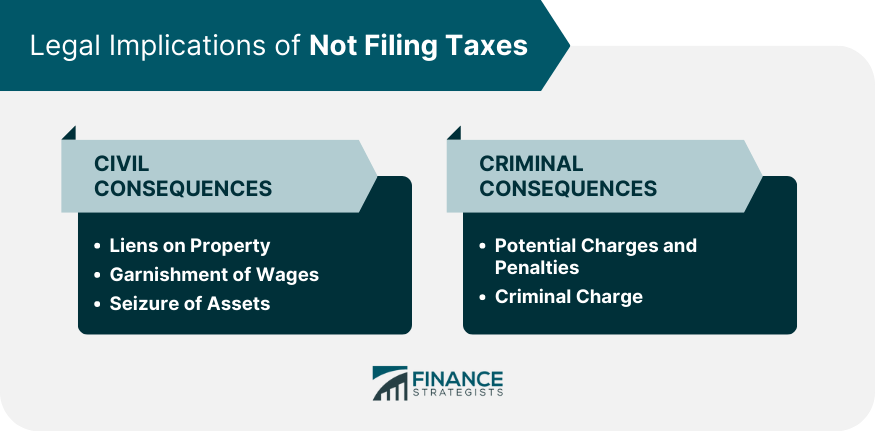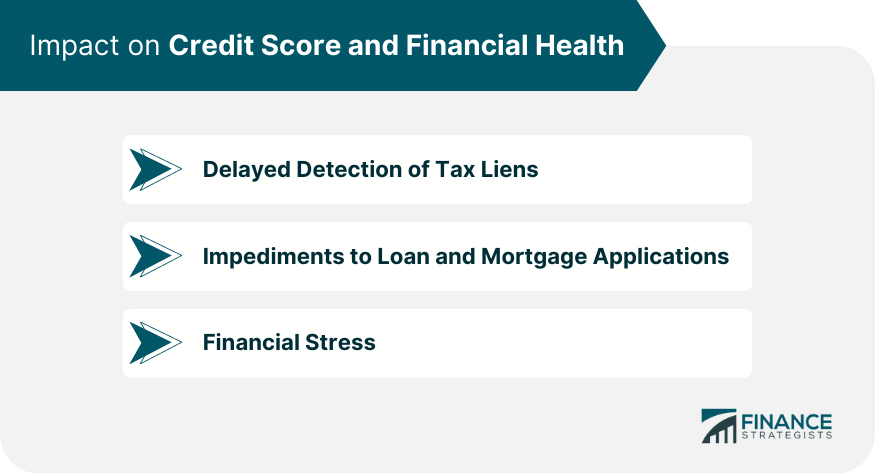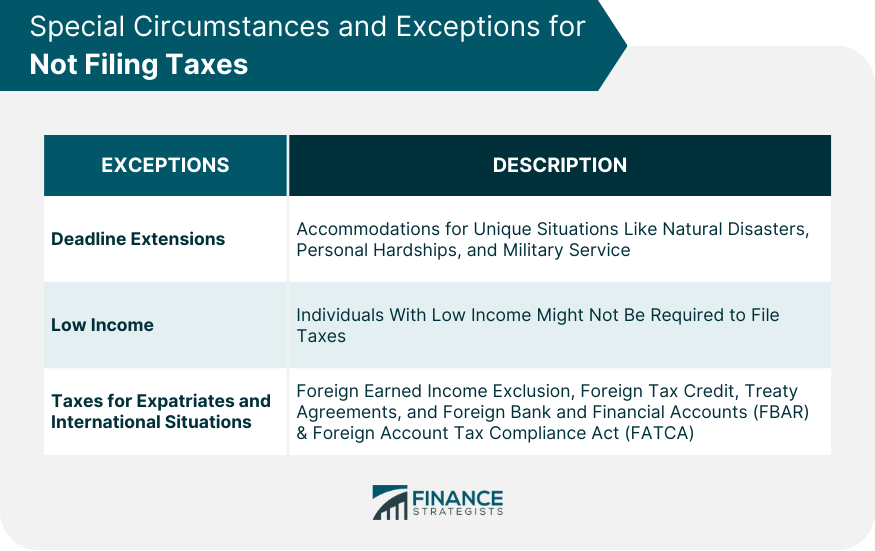Filing taxes is a fundamental civic responsibility that underpins the functioning of modern societies. At its core, the revenue collected from taxes funds essential public services, including infrastructure development, education, healthcare, defense, and social welfare programs. Without the regular collection of taxes, governments would struggle to maintain public order, promote socio-economic development, and ensure the general well-being of their citizens. Moreover, beyond the societal implications, timely tax filing has direct personal benefits. It establishes a record of income, which is crucial when applying for loans, mortgages, or other forms of credit. Additionally, failing to file or incorrectly filing taxes can lead to penalties, legal complications, and potential damage to one's credit score. Taxes are a crucial element of a nation's fiscal structure, and neglecting one's duty to file can lead to several immediate repercussions. One of the most direct consequences is the failure-to-file penalty imposed by tax agencies. This typically amounts to a percentage of the taxes owed, accumulating monthly until the return is filed or the penalty reaches its maximum limit. For many taxpayers, this can mean a significant increase in their debt over time, making the initial amount owed even harder to pay off. Beyond the penalties, interest begins accruing on any unpaid tax from the due date of the return. This interest compounds daily, adding to the total amount owed. This can quickly inflate the principal amount, and over extended periods, taxpayers might find themselves owing multiples of their original tax bill. If you're eligible for a tax refund but fail to file, you risk losing your right to claim that refund. There's a statute of limitations for claiming refunds, and once that window closes, unclaimed refunds are typically forfeited. This means not only missing out on funds that you're entitled to but also essentially providing an interest-free loan to the government. Failing to file a tax return means missing out on valuable tax credits and deductions that you might be eligible for, thus potentially increasing your taxable income and the tax owed. This oversight can cost taxpayers hundreds or even thousands of dollars, especially if they qualify for significant credits like the Earned Income Tax Credit or education-related deductions. If taxes remain unpaid for a long duration or the amount owed is substantial, the tax agency might take legal action. This can result in tax liens being placed on property, wage garnishment, or even asset seizure. Such actions not only impact one's financial stability but can also tarnish one's credit report, making future financial endeavors more challenging. Depending on the severity and intent of the omission, these consequences can range from civil actions to potential criminal charges. Liens on Property: This lien ensures the government's right to the property's value, making it challenging for the taxpayer to sell, refinance, or leverage the property in financial transactions until the tax debt is settled. Garnishment of Wages: This process involves legally directing the taxpayer's employer to withhold a specified portion of their wages, channeling it directly towards settling the outstanding tax debt. Seizure of Assets: These can range from bank account contents, vehicles to real estate properties. The government will then auction off these assets, using the proceeds to cover the taxpayer's outstanding debt. Potential Charges and Penalties: Deliberately avoiding the filing of taxes, especially over consecutive years or with significant amounts at stake, can lead to criminal charges of tax evasion. If found guilty, this can result in serious penalties, including both substantial fines and potential imprisonment. Criminal Charge: These include repeatedly failing to file returns over multiple years, showing patterns of deliberately hiding large sums of income, or fabricating documents and financial statements. Such behaviors, indicative of a willful attempt to defraud the government, are more likely to be treated as criminal offenses rather than simple oversights. While not filing taxes might seem like a short-term solution or oversight, its long-term implications on financial health can be profound and far-reaching. Unfiled taxes subsequently result in a tax lien; although the major credit bureaus in the U.S. (Equifax, Experian, and TransUnion) removed tax liens from credit reports, these liens can still have indirect implications. Lenders or other financial entities conducting deep-dive background checks might uncover these liens, leading them to question your financial responsibility, even if the lien itself isn't prominently featured on standard credit reports. Many lenders require applicants to provide recent tax returns as proof of income or to assess financial stability. By failing to file taxes, you deprive them of this essential documentation. Consequently, your application could be viewed as incomplete, or lenders might perceive you as a higher-risk candidate. This could result in loan denials, less favorable loan terms, or increased scrutiny on other aspects of your financial history. Not filing taxes can often stem from, or result in deeper financial issues. Over time, this can erode savings, increase debt, and contribute to overall financial strain. This makes it harder to maintain a healthy financial profile and leads to potential complications in other areas of financial life, such as securing rentals or navigating business ventures. These exceptions or extensions serve to accommodate unique situations where the standard tax-filing rules might not be fair or applicable. Natural Disasters: These disasters could include hurricanes, wildfires, earthquakes, floods, and other major events that disrupt normal life and business operations. Personal Hardships: Personal crises, such as the death of an immediate family member close to the tax deadline, severe illness, or other life-altering situations, might be considered valid reasons for extensions. Military Service: Members of the armed forces, especially those deployed in combat zones, often receive automatic extensions for their tax-filing deadlines. If an individual's gross income is below a certain threshold (which varies based on factors like age, filing status, and dependency situations), they might not be required to file a federal income tax return. However, even if not required, filing might be beneficial if the individual had taxes withheld from their paycheck, as they might be eligible for a refund. Foreign Earned Income Exclusion: U.S. citizens or resident aliens living abroad might qualify for the foreign earned income exclusion, which allows them to exclude a certain amount of foreign income from their taxable income. Foreign Tax Credit: If a U.S. taxpayer pays taxes to a foreign government on their income, they might be eligible for a credit or itemized deduction when filing their U.S. tax return. Treaties and Agreements: The U.S. has tax treaties with many countries that provide for reduced tax rates or exemptions for certain types of income. FBAR and FATCA: U.S. citizens and residents with foreign financial assets may have to report them if they exceed certain thresholds. This includes the Foreign Bank and Financial Accounts (FBAR) reporting and the requirements under the Foreign Account Tax Compliance Act (FATCA). Not filing a tax return refers to the omission of submitting the necessary tax documents by the specified deadline. This is a failure to report income, deductions, and other relevant financial details for the tax year. The consequence of this action is usually a "failure-to-file" penalty, which is calculated based on the taxes you owe. Additionally, not filing denies the government a clear picture of your financial situation, leading to uncertainties and potential miscalculations of the taxes you owe. On the other hand, not paying taxes refers to situations where an individual or entity has filed the required documents but has not remitted the owed amount, either in part or in full. The repercussion for this is typically a "failure-to-pay" penalty. This penalty is also a percentage of unpaid taxes, but it's often lower than the failure-to-file penalty. Moreover, interest accrues on the unpaid amount. In essence, while both scenarios can lead to financial penalties and potential legal ramifications, not filing obscures one's financial transparency, whereas not paying represents a debt that is acknowledged but remains unsettled. Tax filing is the cornerstone of modern societies, sustaining crucial public services and societal well-being. Neglecting to file taxes carries immediate consequences, such as penalties, accrued interest, loss of refunds, and missed tax benefits. Additionally, it can lead to serious legal actions, from liens and wage garnishment to potential criminal charges. The impact of not filing taxes extends to financial health, affecting credit scores, loan applications, and overall stability. Exceptions exist for special circumstances, such as natural disasters, personal hardships, and low-income situations. Expatriates and international taxpayers also have unique considerations. It's essential to differentiate between not filing and not paying taxes, as both bear distinct consequences. In essence, filing taxes is a linchpin for individual financial stability and the prosperity of societies at large, underlining its integral role in shaping our economic landscape.Importance of Filing Taxes
Immediate Consequences of Not Filing Taxes
Failure-to-File Penalty
Accrual of Interest
Loss of Refund
Forfeiture of Tax Credits and Deductions
Potential Legal Action

Legal Implications of Not Filing Taxes
Civil Consequences
Criminal Consequences

Impact on Credit Score and Financial Health
Delayed Detection of Tax Liens
Impediments to Loan and Mortgage Applications
Financial Stress

Special Circumstances & Exceptions for Not Filing Taxes
Deadline Extensions
Low Income
Taxes for Expatriates and International Situations

Not Filing vs Not Paying Taxes
Conclusion
What Happens if Taxes Are Not Filed? FAQs
Filing taxes is crucial as it funds public services, maintains societal order, and ensures personal financial transparency, impacting credit scores and loan eligibility.
If taxes are not filed, you could face consequences such as failure-to-file penalties, accrued interest on unpaid taxes, loss of potential refunds, and missed tax credits and deductions.
Yes, not filing taxes can result in legal actions like tax liens on property, wage garnishment, and even potential criminal charges for tax evasion.
Not filing taxes can impact financial health by damaging credit scores, hindering loan and mortgage applications, and exacerbating underlying financial issues over time.
Not filing taxes means not submitting required tax documents by the deadline, leading to penalties and potential legal actions. Not paying taxes refers to having filed but not remitted owed taxes, resulting in penalties and interest on the unpaid amount.
True Tamplin is a published author, public speaker, CEO of UpDigital, and founder of Finance Strategists.
True is a Certified Educator in Personal Finance (CEPF®), author of The Handy Financial Ratios Guide, a member of the Society for Advancing Business Editing and Writing, contributes to his financial education site, Finance Strategists, and has spoken to various financial communities such as the CFA Institute, as well as university students like his Alma mater, Biola University, where he received a bachelor of science in business and data analytics.
To learn more about True, visit his personal website or view his author profiles on Amazon, Nasdaq and Forbes.











